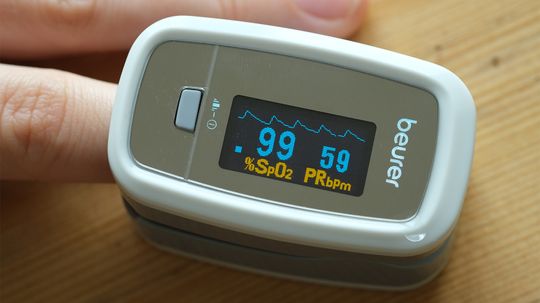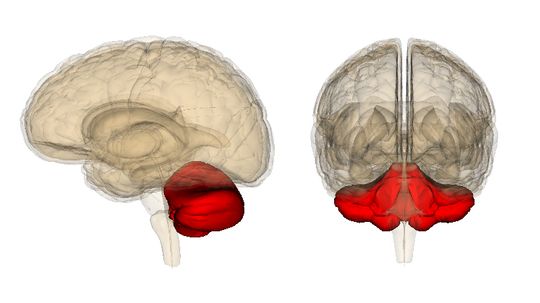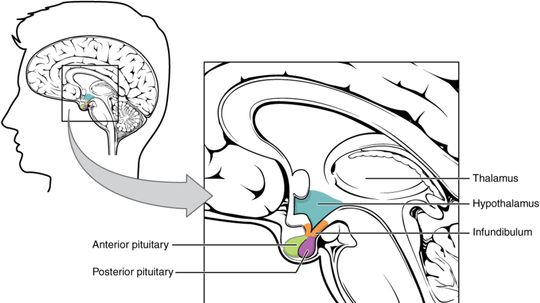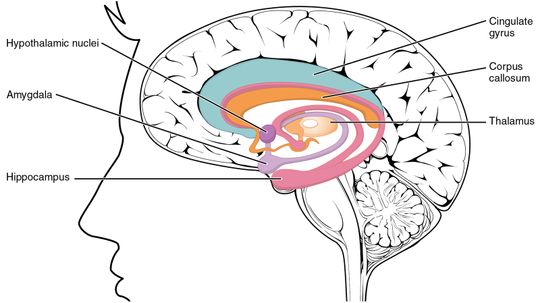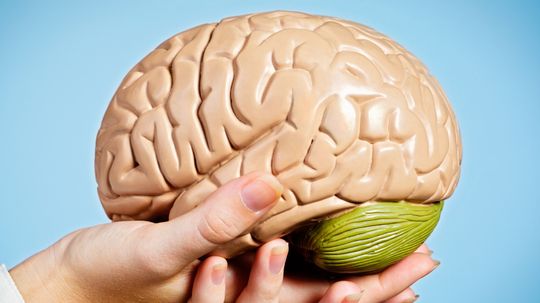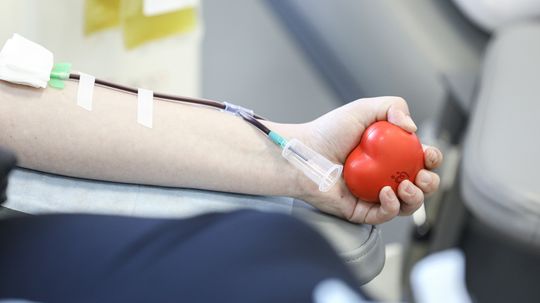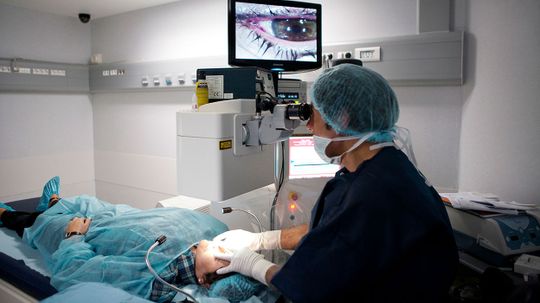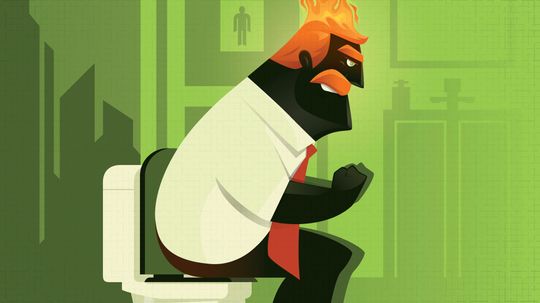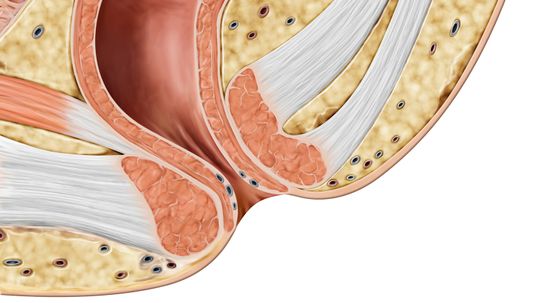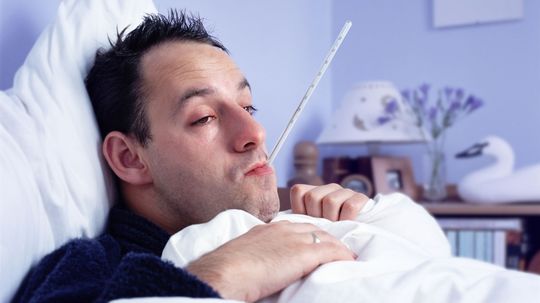Body Systems
Your body is pretty amazing. At any given point you have many biological processes going on -- circulatory, digestive, brain & central nervous systems and more. Learn about these body systems as well as the eye, ears, nose and throat.
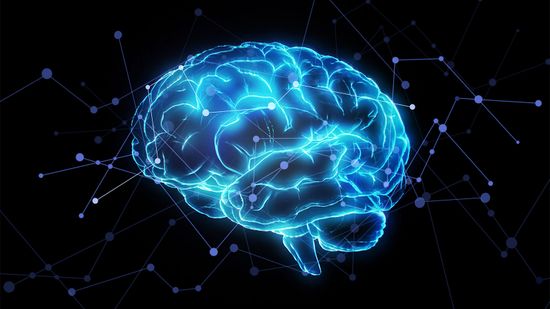
How White Matter Helps the Brain's Gray Matter Function

Bruce Willis Has Aphasia. What Is It and What Causes It?

Can Our Bodies 'Learn' to Withstand Frigid Temperatures?

The True Story of the Blue People of Kentucky
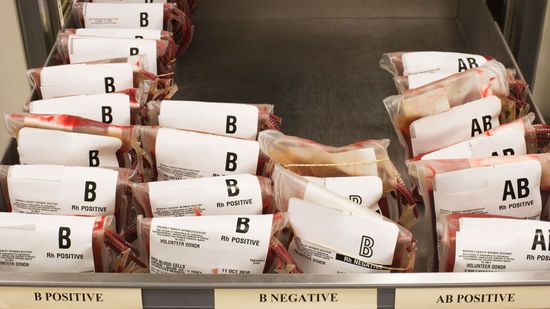
What Is the Rarest Blood Type in the World?
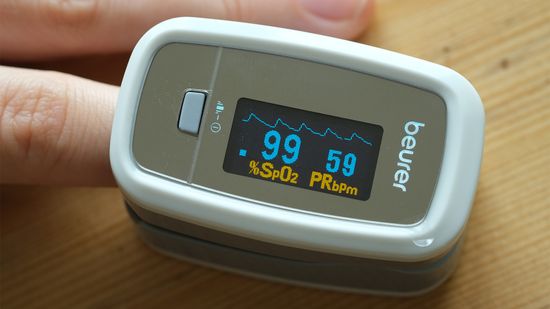
What Does It Mean If Your Blood Oxygen Level Is Low?

What Is Saliva and How Does It Change the Taste of Food?

The World's Longest Poop Story Is a Crock of, Well ...

When You Have to Go But Don't Want People to Know

Does Oxytocin Make Us Fall in Love?

5 Ways Homeostasis Keeps Your Body Humming Along

Is It Possible to Get Taller as an Adult?

Do You Have One of the 6 Rarest Eye Colors in the World?

Why Do Babies' Eyes Change Color?
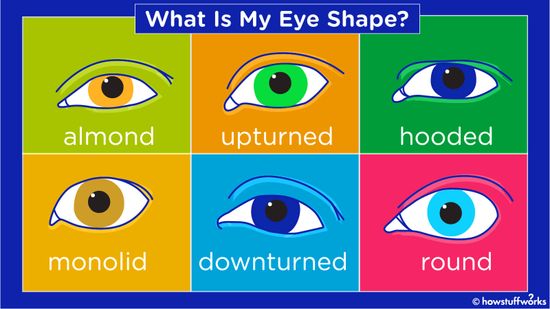
There Are 6 Different Eye Shapes. Which One Is Yours?
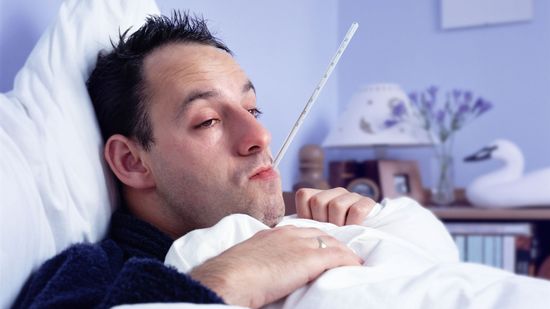
'Man Flu' Could Be a Real Thing

Sugars in Human Breast Milk Act as Antibacterial Agents

Does mouthwash affect your immune system?

Kidney Stones Are Excruciating, But the Source of Pain Is Surprising

Why Do We Do a Little Dance When We Have to Pee?

Do You Turn the Door Key and Have to Pee? It May Be All in Your Brain
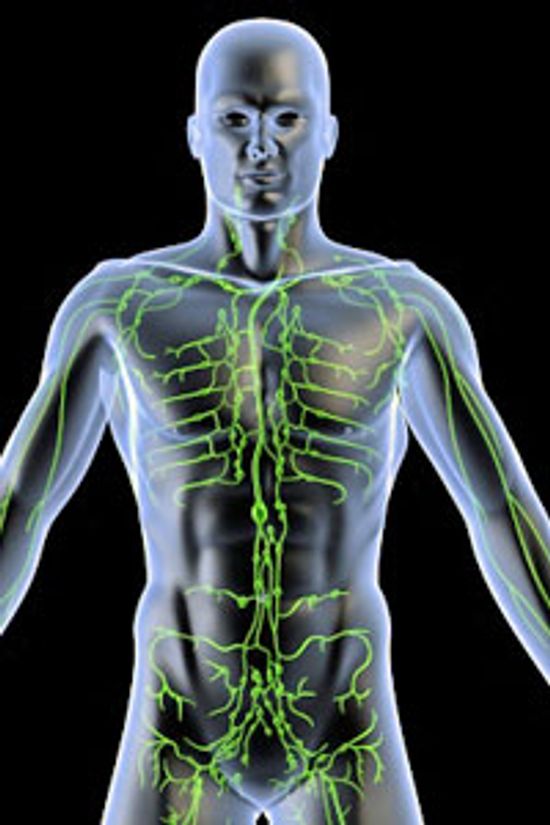
The Lymph System
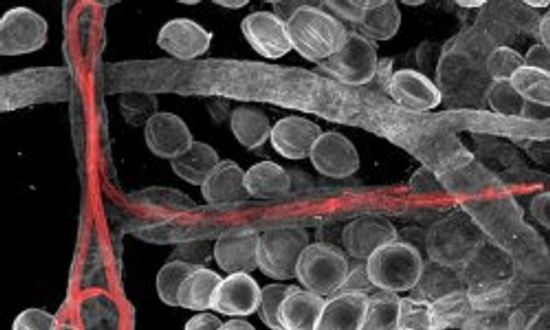
What is lymph?

How One Key Protein May Help Tendons Enhance Athletic Performance

What Are Muscle 'Knots' and How Do You Get Rid of Them?

Children Can Regrow Their Fingertips. How Cool Is That?

What Happens When the Wind Is Knocked Out of You?

The Science Behind Why We All Have Snot

Why Breathing Through Your Nose Is Best
Learn More / Page 2
A low oxygen level in your blood is a good indicator of a COVID-19 infection, but what exactly does that mean and how do doctors test for it?
Maybe you've never even thought about it when you've smelled — or emitted — a particularly odoriferous fart. But can that fart spread disease?
You almost never notice the way your own place smells. Why is that?
Advertisement
The cerebellum is the part of our brain that controls voluntary movements like posture, balance, coordination and speech.
The hypothalamus is a tiny area of your brain that keeps everything — hunger, thirst, sleep, energy, mood — in balance.
Sometimes referred to as the "cuddle hormone," oxytocin is released during sex and breastfeeding. But does it make you fall in love with someone or just bond you more with someone you already love?
By Dave Roos
Located in the temporal lobe, this tiny horseshoe-shaped organ plays a massive role in both the storage of long-term memories and the creation of new ones.
Advertisement
Homeostasis comes from the Greek words for "similar" and "steady" but this state of steadiness is anything but boring. In fact, it's what you want your body to be.
By Alia Hoyt
The amygdala is a small part of the human brain that most humans have probably never heard of.
A new study found that giving your feet a boost in the bathroom lessened constipation (and straining) significantly.
By Alia Hoyt
Travelers commonly experience unusual bowel symptoms while traveling. Why is this, and what can we do about it?
Advertisement
The eye twitching that's driving you crazy — it's likely caused by nothing more than stress or fatigue. But you may need to see a doctor if you have other symptoms, too.
Listed as an organ donor on your driver's license? That designation does not include your brain.
By Chris Opfer
Sudden savant syndrome can make you a math whiz or musical prodigy instantaneously. But how?
It happens to almost everyone and there are lots of possible explanations.
Advertisement
James Harrison's blood contains a rare and powerful antibody that's saved millions of Australian babies. Now, at age 81, after donating 1,173 times, he's hoping someone else will pick up where he left off.
You had LASIK surgery a few years ago, and your vision has started to blur again. Is this normal?
Diplomatic staffers in Havana, Cuba, recently began to suffer from a series of health problems. Were they sound-related?
What would happen if you didn't (or couldn't) move your bowels for several weeks? Let's just say you'd be in a crappy situation.
By Alia Hoyt
Advertisement
The human system for excretion is actually pretty great, especially when you start looking at what other animals have.
By Robert Lamb
Does it just taste bad or are there other reasons?
Although women often think men exaggerate their symptoms when they have a cold or flu, a Canadian scientist has found that men are more susceptible to respiratory complications than women.
By Alia Hoyt
Advertisement
When we've really got to urinate, kids and adults alike do the pee-pee dance. What are the theories behind the fidgeting?
New research finds that nontoxic, antibacterial sugars found in human breast milk might be key to the next generation of antimicrobial drugs.
